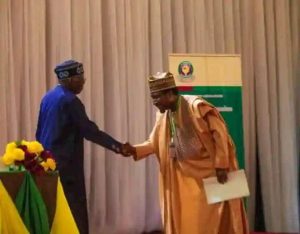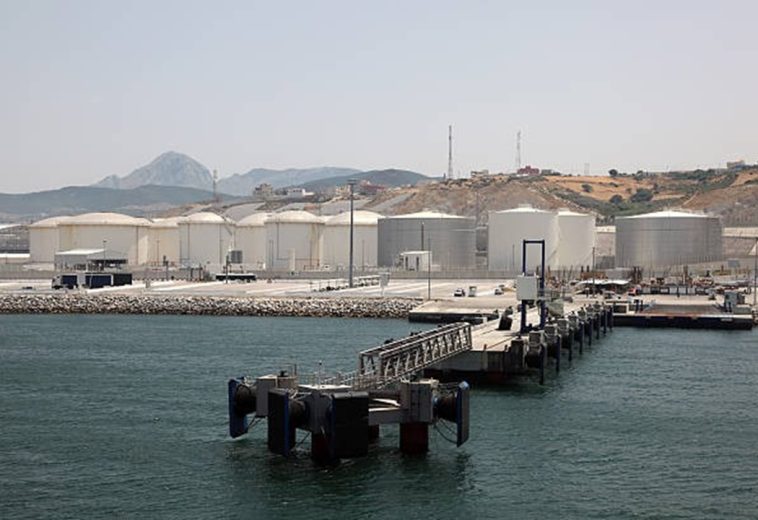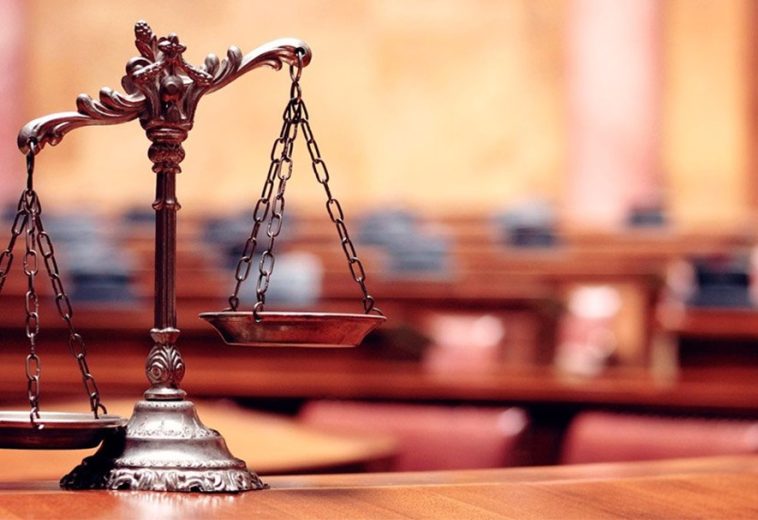In Nigeria’s complex political landscape, Senator Barau I. Jibrin has emerged as a key figure in legislative development and governance. Representing the Kano North Senatorial District and currently serving as Deputy Senate President of the 10th Assembly, Senator Barau has contributed to policy initiatives focusing on infrastructure, education, healthcare, and youth empowerment.
Born on June 19, 1959, in Kabo, Kano State, Senator Barau’s academic background includes a bachelor’s degree in accounting, a master’s degree in financial management and pricing, a master’s degree in management, and an MBA. These qualifications formed the basis for his entry into public service, equipping him with technical expertise in fiscal management and governance.
Barau began his political career in 1999, representing the Tarauni Federal Constituency in the House of Representatives. During this time, he chaired several committees, including the Committee on Appropriations, where he gained experience in legislative processes and national budgetary planning. In 2015, he transitioned to the Senate to represent Kano North and was elected Deputy Senate President in June 2023, further solidifying his role in shaping legislative direction.
Throughout his tenure, Barau has sponsored and co-sponsored bills addressing national challenges, including access to education, economic empowerment, and healthcare reform. One of his primary areas of focus has been education, where he has supported the construction and rehabilitation of schools and initiated scholarship programs for underprivileged students. These programs aim to reduce illiteracy and improve educational outcomes, particularly in northern Nigeria.
In addition to education, Barau has prioritised infrastructure development. He has overseen projects such as the construction of rural roads and the installation of solar-powered boreholes, designed to enhance connectivity and improve access to clean water in Kano North. These initiatives aim to address critical gaps in basic amenities and promote regional development.
Barau has also focused on healthcare initiatives, supporting the establishment of medical facilities and maternal and child health programs. His efforts include the distribution of medical supplies and the equipping of healthcare centres to improve access to essential services.
 Youth empowerment is another central element of his legislative agenda. Through skill acquisition programs, grants, and microloan initiatives, Barau has sought to create opportunities for young people and small business owners. These programs aim to address unemployment and foster economic growth in the region.
Youth empowerment is another central element of his legislative agenda. Through skill acquisition programs, grants, and microloan initiatives, Barau has sought to create opportunities for young people and small business owners. These programs aim to address unemployment and foster economic growth in the region.
In recognition of his leadership and impact, Senator Barau I. Jibrin has been nominated to receive the Distinguished Award for Legislative Excellence and Youth Empowerment by the editorial board of the African Leadership Magazine. The award will be conferred during the African Leadership Magazine Persons of the Year (POTY) 2025 Awards Ceremony, scheduled for February 21–22, 2025, at the Casablanca Marriott Hotel in Morocco. This nomination reflects his pivotal contributions to shaping national development frameworks and addressing critical issues such as education, healthcare, and infrastructure. The event, which will feature over 400 delegates and a global audience online, positions Senator Barau among influential leaders recognised for driving transformational change across Africa.
While his contributions have drawn recognition, Barau’s legislative record continues to be scrutinised for its long-term impact on addressing systemic issues in governance, education, and healthcare. As Deputy Senate President, his role in steering legislative priorities will remain significant in shaping Nigeria’s political and economic trajectory.



